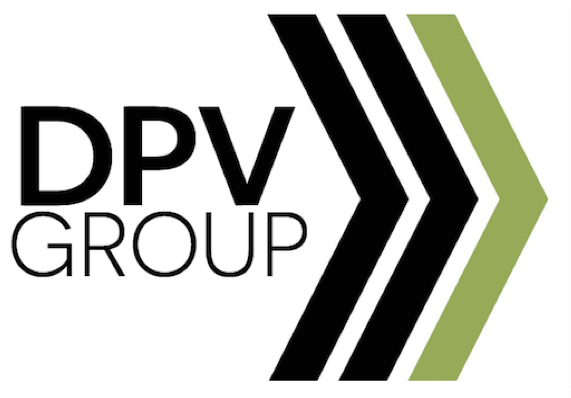| TYPICAL VALUE DELIVERY PROJECT TO FORMULATE STRATEGY IN ONE MARKET-SPACE |
 |
Conducted in Phases, to explore then formulate and recommend pursuit of an improved strategy |
 |
Organization by Steering Committee, Core Team, and Project Resource Group |
 |
3-4 DPVG members are part of Core Team – coach, help conduct, recommend action to Steering Committee |
 |
Typical time frame – three months, but depends on complexity of market-space |
|
|
PHASES IN A TYPICAL VALUE DELIVERY PROJECT – TO FORMULATE PROFITABLE GROWTH STRATEGY |
|
|
|
PHASE ZERO IN A DPV STRATEGY-FORMULATION PROJECT
|
|
PHASE ONE IN A DPV STRATEGY-FORMULATION PROJECT
Analysis of a sample of entities in the relevant Value Delivery Chains :
 |
Rough articulation of current de facto value-delivery strategy |
 |
What Value Proposition(s) does the business try to deliver today |
 |
How well are these actually provided and communicated, vs. competition |
 |
Early strategic issues thus identified |
 |
Identify, contact, and arrange interview visits at a sample of entities |
 |
Primary entities, with range of functional players within each |
 |
Several other entities in the chain (depends on specific chain structure) |
 |
With base of large customers, typically analyze 5-10 primary, 3-7 other |
 |
With base of smaller customers, typically analyze 10-20 primary, 5-10 other entities |
 |
Careful approach, adequate lead time (usually several weeks); use top-to-top contact as needed to secure serious participation |
 |
Typical visit and interviews at larger customers |
 |
1-3 days prior analysis of known info, situation |
 |
Team meets prior to interviews |
 |
Sales and purchasing should be moved from center stage; the exercise is not about selling; a multi-functional exploration for fresh insight |
 |
1-3 days of on-site interviews, 5-10 per entity, typically with follow-up |
 |
Each individual interview 1-3 hours depending on complexity |
 |
Analysis of smaller customers possible with a single-day visit |
 |
1-3 Core Team members, 1-2 DPVG typically participate |
 |
After visit, team debriefs to synthesize analysis of entity |
 |
This entity’s current rough Value Delivery System(s) as relevant |
 |
Key scenes explored |
 |
Critique of entity’s current VDS and key implications for our strategy |
 |
Video Two: improved scenario for the entity, possibly profitable for us |
 |
Initial thoughts on implied Value Proposition relevant to this entity from our business and others in the chain |
Timeframe : ~ Six weeks
|
|
PHASE TWO IN A DPV STRATEGY-FORMULATION PROJECT
|
|
PHASE THREE : IN A DPV STRATEGY-FORMULATION PROJECT
|
|
PROJECT ORGANIZATION AND CLIENT RESOURCES NEEDED
|
